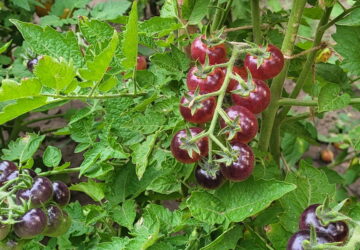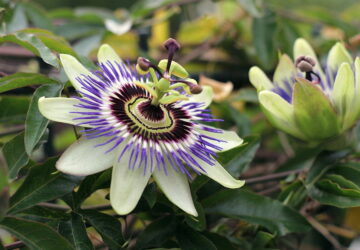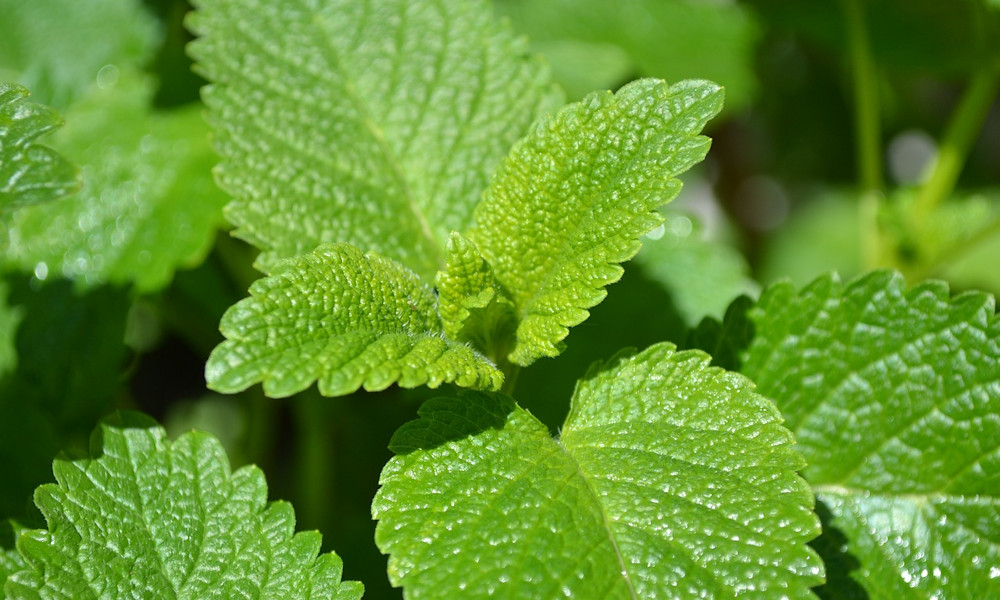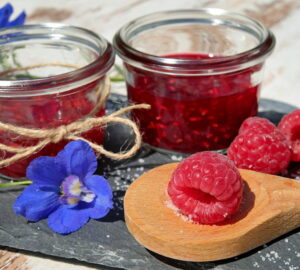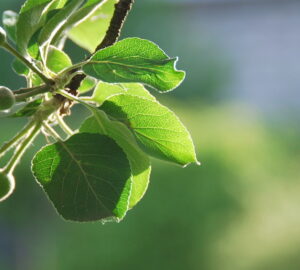If your garden is overflowing with lemon balm, don’t let it go to waste! This fragrant and versatile herb offers a myriad of uses beyond just its delightful scent. From soothing herbal teas to insect-repelling properties, this article explores eight diverse ways to incorporate lemon balm into your daily life, enhancing your culinary experiences and well-being.
Lemon balm (Melissa officinalis) is a versatile and aromatic herb that offers numerous benefits. Here are some ideas for how garden owners can use lemon balm from their garden:
1. Herbal Tea
Lemon balm leaves make a delightful and refreshing herbal tea. Simply steep a few fresh leaves or dried leaves in hot water for a few minutes, strain and enjoy a soothing cup of lemony goodness. Enjoy it on its own or mix it with other herbs for a soothing and aromatic beverage.
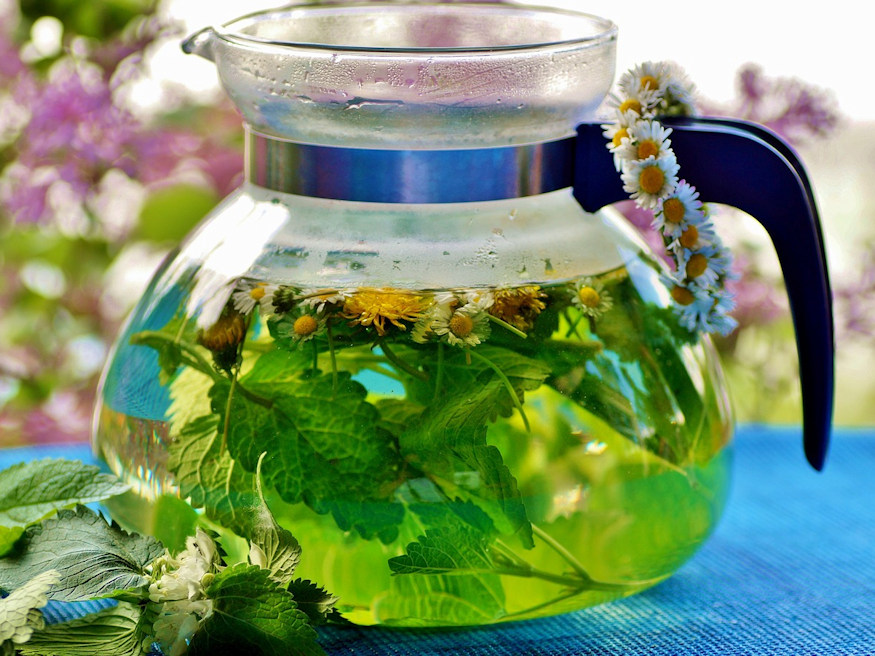
2. Culinary Uses
Flavor Enhancer
Lemon balm can be used as a versatile herb to enhance the flavor of various dishes. Its citrusy and slightly minty taste adds a refreshing note to salads, sauces, marinades and dressings.
Seasoning for Poultry and Fish
Lemon balm complements poultry and fish dishes exceptionally well. Chop or mince the leaves and use them as a seasoning for roasted chicken, grilled fish or seafood dishes to impart a subtle lemony flavor.
Culinary Garnish
Fresh lemon balm leaves make an attractive and fragrant garnish for desserts, fruit salads and savory dishes. Simply sprinkle chopped or whole leaves over your prepared dish to add a touch of visual appeal and a burst of citrus aroma.
Desserts and Baked Goods
Lemon balm can be incorporated into desserts, such as lemon balm-infused syrups for drizzling over cakes or pastries, lemon balm-flavored ice cream or lemon balm-infused sugar to add a subtle citrusy note to cookies and other baked treats.

Remember, the amount of lemon balm used can be adjusted to personal preference, as its flavor can vary in intensity. Enjoy exploring these common culinary uses of lemon balm to enhance the taste and aroma of your dishes!
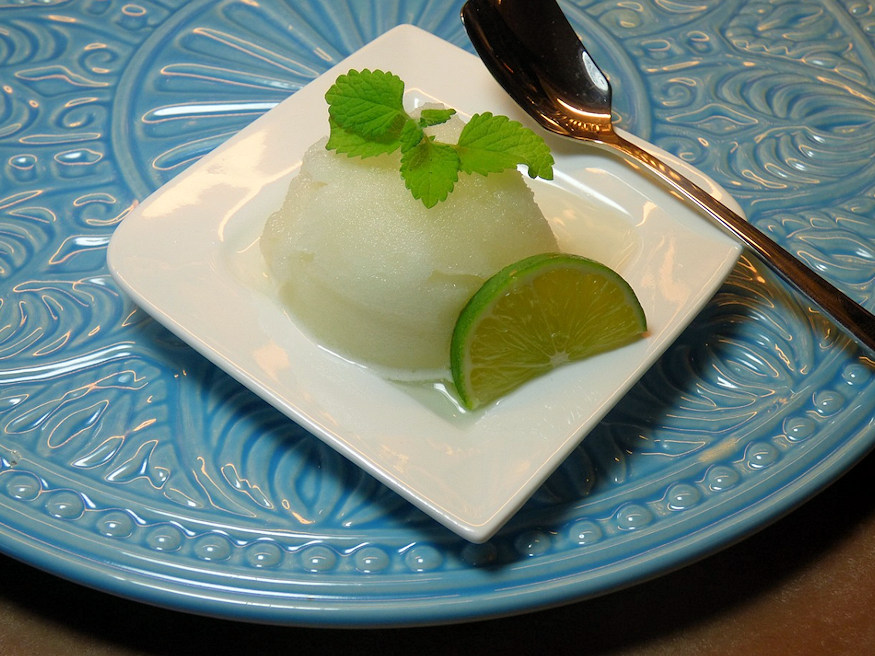
3. Lemon Balm Infused Vinegar or Olive Oil
Infusing lemon balm into vinegar or olive oil allows you to capture its citrusy essence and incorporate it into your culinary creations. By adding fresh lemon balm leaves to hot vinegar or olive oil, you can infuse them with the herb’s aromatic oils and flavors. After a steeping period of about two weeks, the infused vinegar or oil can be used to add a refreshing lemony twist to dressings, marinades, roasted vegetables, grilled meats, and more. The result is a versatile and flavorful addition to elevate your dishes with the essence of lemon balm.
4. Infused Water
Add a few fresh lemon balm leaves to a pitcher of water for a subtly flavored and refreshing drink. The lemony aroma will infuse the water, providing a mild and natural taste.
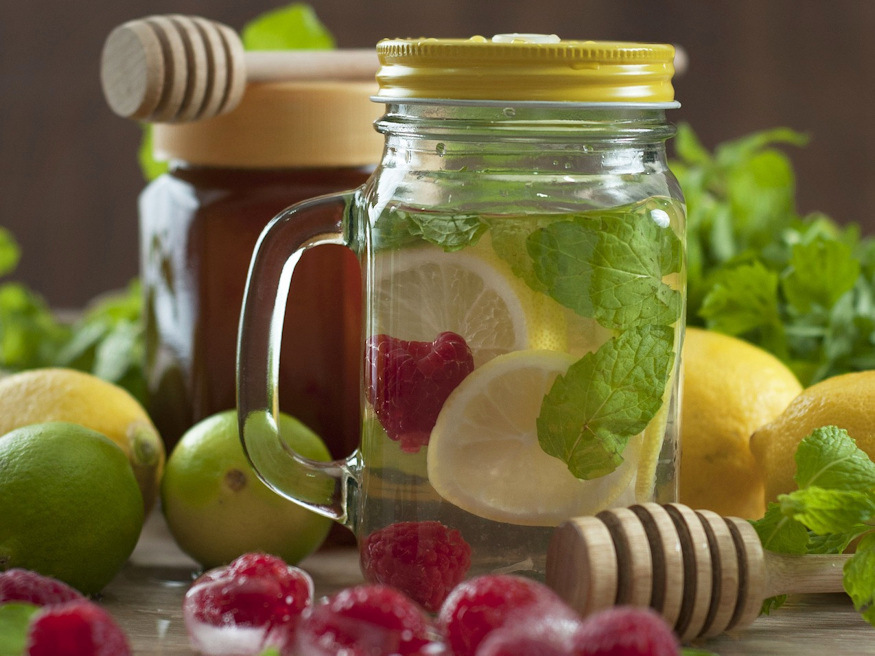
5. Potpourri and Sachets
Dry lemon balm leaves and use them to make potpourri or sachets. Place them in small fabric bags and tuck them into drawers, closets or under your pillow to enjoy the calming scent of lemon balm.

6. Aromatherapy
Lemon balm has a relaxing and calming scent that can help reduce stress and anxiety. You can crush the leaves and inhale the aroma directly, or use them in homemade candles, bath salts or essential oil blends for a soothing aromatherapy experience.
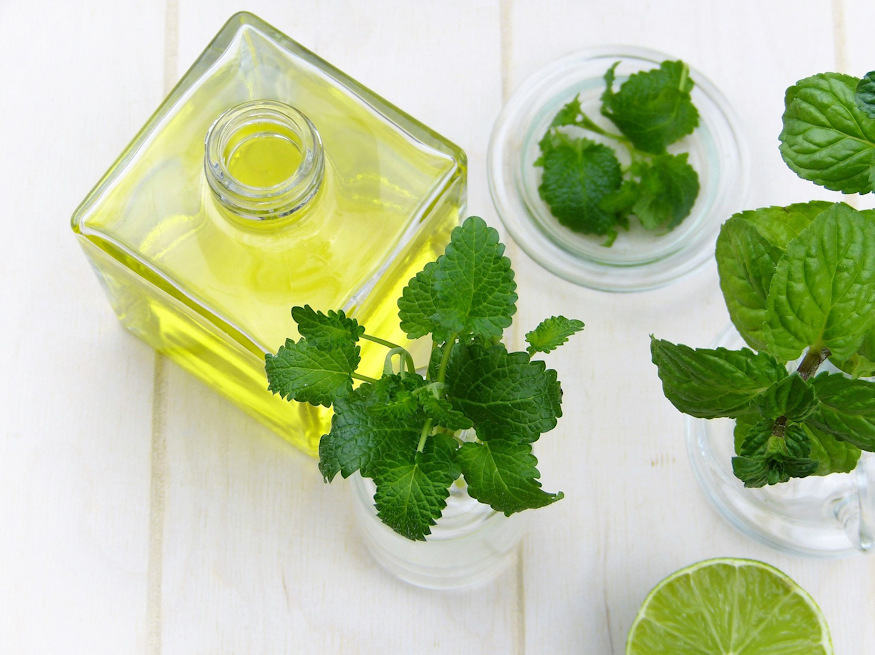
7. Insect Repellent
Lemon balm has natural insect-repelling properties, particularly against mosquitoes. Rub fresh leaves on your skin to help keep mosquitoes at bay during outdoor activities.
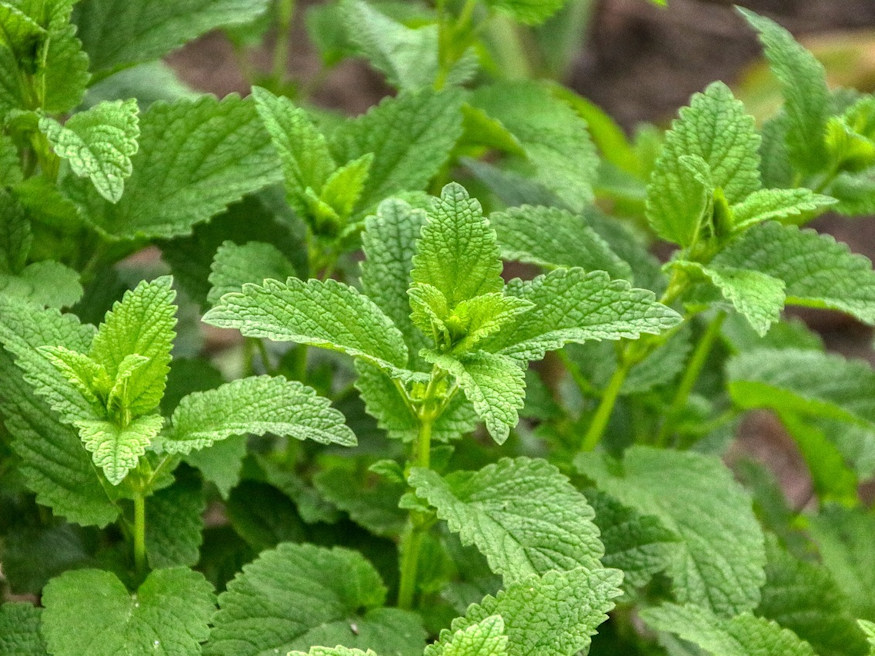
8. Medicinal Uses
Lemon balm has been traditionally used for its medicinal properties. It is believed to have calming effects, promote relaxation and aid in digestion. Consult with a healthcare professional or herbalist for guidance on using lemon balm for specific health purposes.
Remember to harvest the lemon balm leaves when they are young and tender for the best flavor. Enjoy exploring the various ways to use this versatile herb in your garden!
